Narcissus Redux: On Modern Delusion and Bullshit
Mechanisms of societal deception via the modern, covert religion of Solipsism.

A friend and mentor in the recovery circles recently told me of how, in the midst of his meth addiction, he convinced himself that eating itself was a conspiracy co-signed by everyone writ large for the profit of food companies and grocery stores. He had convinced himself of the merit of this conspiracy theory because, in his drug-addled states, he could survive off 7/11 burritos for approximately four days until his body required another one. Ultimately, this philosophy led him to recovery on his 22nd birthday at 145 lbs.
The man is now, 29 sober years later, a healthy 210 lbs., with a stout and healthy frame. Obviously, the Conspiracy of the Foodists was not an elaborate plot but was the result of a very deluded state of his psyche promulgated in large part by the drugs he was taking.
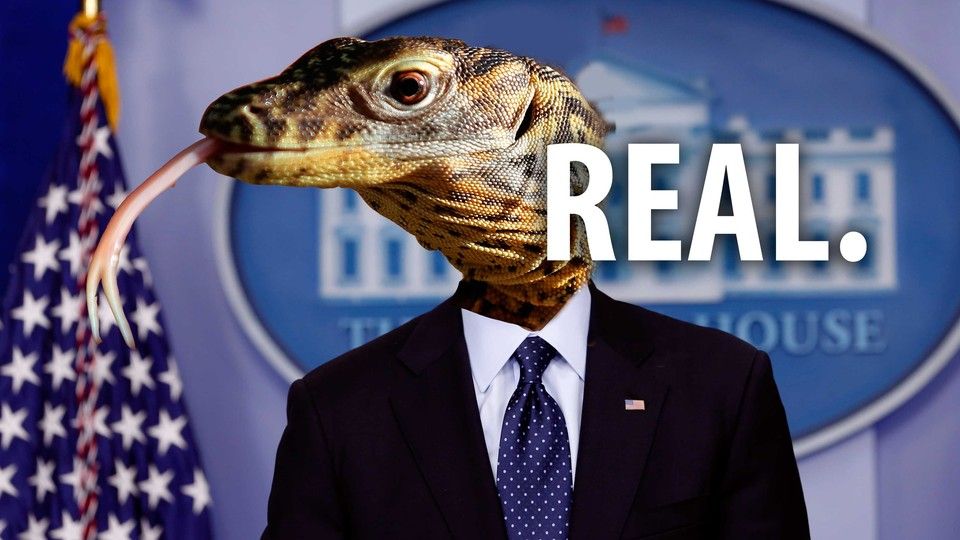
This vignette, from a man who went on to be a C-suite exec for a large pharmaceutical company and has a very normal upper-middle-class life, is illustrative of the considerable tricks our minds can play on us when we are in states of psychological distress and when we compound that stress with activities or behaviors that exacerbate our capacity to relate truthfully with reality.
Later in the conversation, my friend later told me about the way that he originally got into a hardcore drug addiction at a very early age. His older brother was a dealer, a purveyor of fine marijuana to the middle-class suburb he grew up in. He began smoking weed around 11, he began reading dissident philosophers like Kierkegaard and Nietzsche at ages 15-17. By the time he graduated high school a year early, at 17, he was fed up with the normie state of affairs that he had been raised in and fled to Berkeley, California from his northeastern enclave to attempt to die.
He said this explicitly to me in our conversation. I asked him if he had had a clear idea of ‘wanting to die because of X’ or if the insight into the motivation of his addiction being suicidality came in hindsight. He said that he had experienced suicidal ideation from a young age, about 11 or 12, the same time he began smoking weed.
By the time he left home, it did seem that he was at least partially conscious that he was trying to kill himself. But he couldn’t do it outright, believing that actual suicide was too much to leave with friends and family, so drugs were the next best thing. A moral injunction stopped his complete self-obliteration, but several years of hardcore addiction followed.
There are two factors at play here. The connection between psychoactive drug use and the psychological stress abnormally intelligent and sensitive people usually go through in the travails of growing up in modern America. They may not seem directly causal of addiction to many at first blush.
Yet as I study the factors that seem most correlated with addiction, there does indeed seem to be strong grounds for attributing, at least in part, causality. Barring sole causality, at least a preponderance of evidence suggests that combining these two factors leaves one quite vulnerable and/or predisposed to addictive behavior.
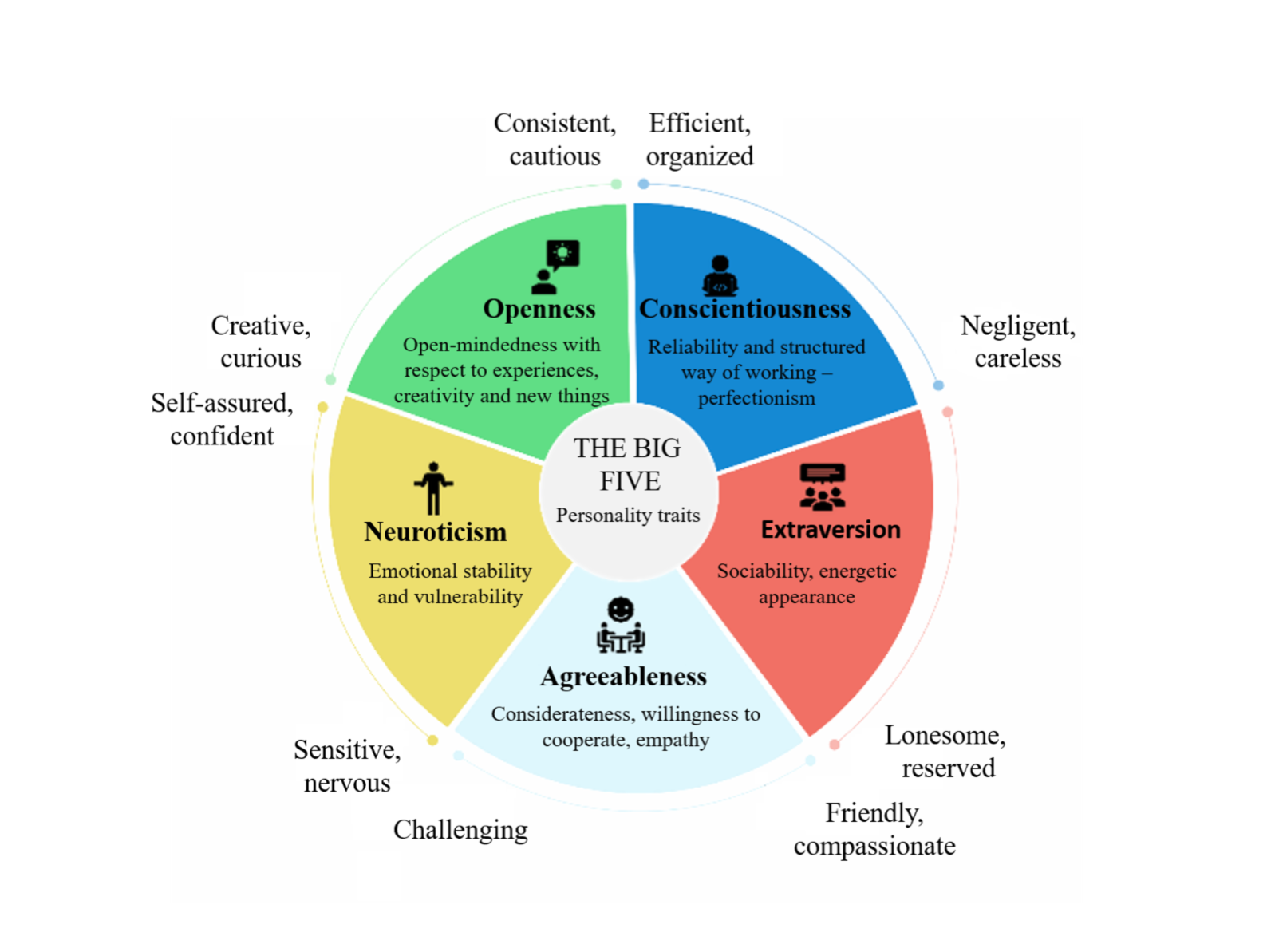
To break it down further, the connection would be this: Being abnormally intelligent and sensitive from a personality perspective means one is very likely to be very high in trait openness. This can be paired with other personality dimensional traits such as conscientiousness and neuroticism, upon a spectrum of high or low indexes for each dimension. Various combinations of personalities would present their own unique challenges and benefits, but it would stand to reason that it would be particularly nasty to be high IQ, high openness, low conscientiousness, and high neuroticism. Trusting your ability, my dear reader, to work out the other less challenging but still far from optimal personality dispositions along this vein of thought, I will move on to how these personalities do not mesh well in modern American society in particular.
Our society is not one that has an appreciation for the intelligent and open youth, especially among the middle class. It is by definition highly unlikely that middle-class parents would be able to fully appreciate highly intelligent and open children. Because by virtue of being middle class, they are likely moderately intelligent and moderately conscientious, both the best personality predictors of overall lifetime success.
It stands to reason and is my personal experience, as well as anecdotally true in speaking with people in my life who have similar backgrounds, that being high IQ and high openness in a middle-class environ is very stressful in childhood and adolescent development for myriad reasons. Some of those reasons are being assumed one is stupid, morally repugnant, and/or weak for being different. Or it could be jealousy, cultural mediocrity hegemony, ignorance of the needs and wants of high IQ/high openness people, internal contradictions, a complicated personality that seeks intensity, etc.
There are many reasons and probably more than I have listed. But suffice it to say that there is a lot going against the precocious youth in a middle-class upbringing. All of which leads to the social judgment of being bad for being different. This can often lead to chronic feelings of being ostracized, feeling guilty and ashamed, and therefore leading to depression. Depression can lead to the craving for anesthetization or in extreme cases, death.
Humans are deeply social animals and even those of us who are smarter and/or more creative still need and crave the basic sense that we belong, we matter, are respected, useful and loved. It doesn’t have to be all the time, nor in the syrupy, lobotomized ways that modern woke culture wants people to treat each other, but these are powerful drivers of human behavior and well-being. The absence of these needs being met causes acute psychological pain, especially when one is young and in their developmental years.
This pain can be exacerbated even further by two things; being a male going through puberty and drugs. The former causes one to be especially angry and prone to impulsivity. The latter anesthetizes one from the consequences of one’s actions, both internally and externally. Drugs of the psychoactive variety, like marijuana and meth, can also exacerbate the proclivity of young people not wise in the way of the world to adopt extreme ideas that have no basis in reality. As my friend did with his Conspiracy of the Foodists.
Though there are several tracks of thought presented to us in this forest of ideas that we find ourselves in at this juncture in the essay, I want to hone in on the mechanism by which human beings deceive ourselves. This is something that is a fundamental question, as it has been perennially throughout history, but is seemingly all the more important to address in our postmodern era that is so dominated by various forms of politically and commercially sanctified Nietzschean will to power.
To further sharpen the tack, I contend that we are living in an age where the predominant culture is in fact almost constantly deceiving us in various forms. This is only possible because technologically we have achieved a state of proximal prosperity that greatly separates us from evolutionary pressures that previously necessitated a robust relationship with reality. It is our very prosperity that allows a vast proportion of society to operate from the epistemic belief that there is no objective truth and in fact, there is only the truth of being true to oneself.
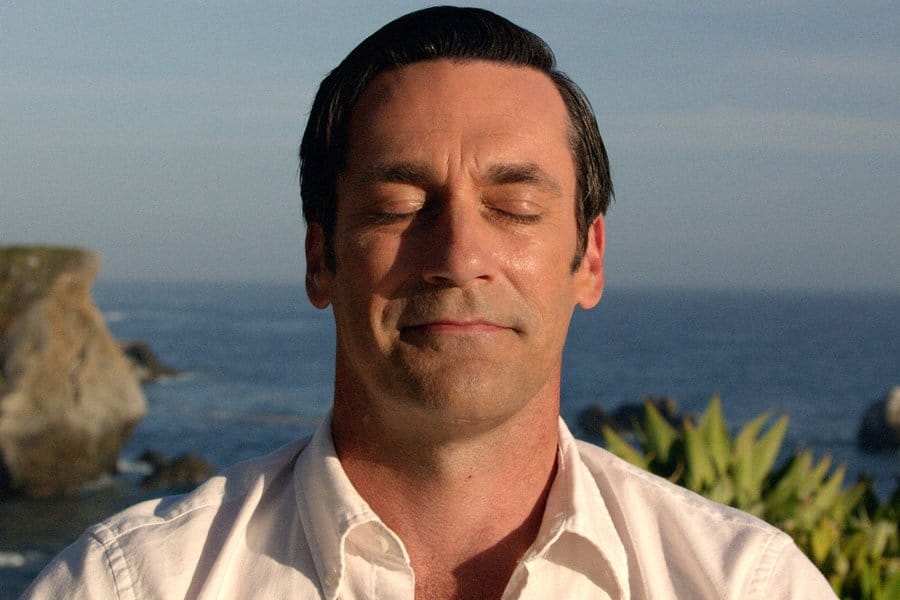
This is the great deception and delusion of the age, solipsism. Solipsism, as manifested in marketing, politics, entertainment, culture, etc. is the writ-large spirituality that the vast majority of society now acts out (though likely not explicitly believing), as a response to the collective nihilism the West has experienced since the death of God, and more concretely in my opinion, the horrors of World War One & Two.
The chief mechanisms by which the current religion of solipsism promulgates itself are the two fundamental mechanisms by which any deception is promulgated: lying and bullshit.
You may be wondering if there is any difference between the two, or if one is not a subcategory of the other. There is a remarkable and very important distinction between these two mechanisms of deceit.
Drawing heavily from Harry G. Frankfurt’s wonderful essay On Bullshit, in summary – lying is an act that is constrained by the demands of objective truth because one has to explicitly insert a lie in lieu of truth in order to lie effectively. Therefore one has to have an accurate idea of what the truth might be in a given situation. There is a desire to avoid the consequences of the truth and so a lie replaces it. But lies and truth are ultimately opposite teams playing the same game, they’re constrained by the same rules on the same plane of action.
Bullshit, on the other hand, is not concerned with the truth value of it’s contents, it is not concerned with lying either, both are acceptable, as long as reality conforms to the bullshitter’s desired outcome. A bullshitter, in the midst of producing bullshit, may lie and tell the truth within the same conversation at will, as long as they get what they want. There is no objective reality, only an appearance of one, upon which they have to instrumentally arrange words to manipulate reality to their suit.
You may think a liar would be doing this too, their ends are the same in that they are selfishly pursuing gain by not disinterestedly following the truth wherever it would lead them. This is true, but it is not the key difference. The key difference is that the bullshitter does not believe in truth or falsehood, does not care for accuracy or adherence to either and so is wholly solipsistic in that sense. They know only the desires they hold, and privilege them above all else, including any pretensions towards the truth or cooperative struggle towards consensus reality among adults. It is this basic structure upon which much of our modern culture is built.
These distinctions between bullshit and lying are further sharpened when we acknowledge that we often have viscerally different reactions to a liar vs. a bullshitter. Frankfurt makes this point in his essay. We are much more devastated when a loved one lies to us about infidelity than a schmoozy telemarketer harassing us about an incredible opportunity we can’t afford to miss.
This being the case, you may find it counterintuitive that I agree with Frankfurt in the claim that 'bullshit is a greater enemy to truth than lying'. The propensity for bullshit in our society, the sheer increase in volume, is much more dangerous to our society as a whole than lying is. The basic reason being that with the proliferation of various cultural and political forms of bullshit so widely promulgated by our institutions of higher learning, we are both losing the ability to even pursue truth as a society and thereby losing the ability to successfully prosecute combatting lies.
To simplify; if our culture was a pond that we were charged to bring to an optimal expression of beauty and health, pursuing truth would be the means by which we would best go about it, looking into the water to ascertain it's current state. But the waters of our pond are now so muddied it is dramatically more difficult to see whether the pond is filled with healthy fish and fauna or if it is overrun with weeds and invasive species. This is how bullshit operates.
Some more concrete examples that hopefully clarify the concept of bullshit are food and money.
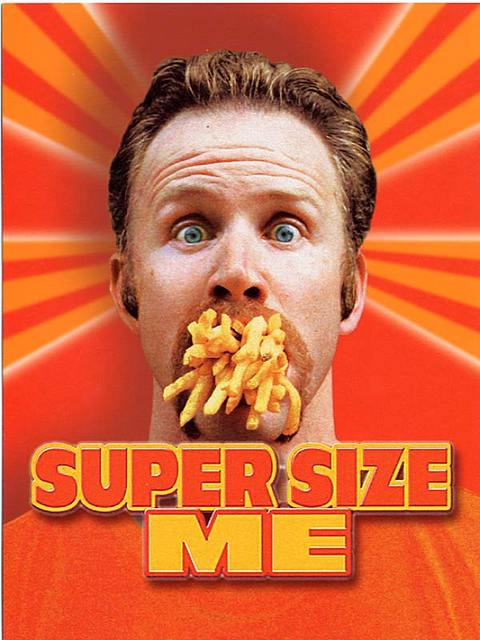
Consider an organic, grass-fed steak v. a cheeseburger from McDonald’s. Both come from a cow, both have the same basic organic contents that compose ‘beef’ and ‘food’. But everyone knows which is better for you. And ultimately depending on which one you consume, particularly over the long term, you will see dramatic differences in your overall health and well-being.
Money is quite similar – a counterfeit bill may look, feel, and temporarily work exactly as a genuine bill. But ultimately if it is not attached to a government, with that government attaching that currency to gold (my outdated monetary theory aside), then it will be found out to be eventually worthless.
In both cases, the bullshitter purveys something that is very closely approximate with the truth, it may even contain aspects of truths. But those truths are lesser truths, they do not pertain to the truth that is allied with the best possible outcome for either an individual or a nation as corresponds to our food and money examples.
In our beef example, the truth that you are hungry and will eat anything trumps the greater truth that grass-fed steak is more nutritional and therefore better. In our money example, the truth that fiat currency is to a large degree simply an arbitrary medium of exchange we all agree to use trumps the fact that money needs to be grounded in legitimate authority for it to function sustainably, which is best achieved through a gold standard.
Further defining bullshit, Frankfurt points out it isn’t about simply falsifying something but about deceiving a person so the bullshitter is thought of in a particular way. With our food example, Mcdonald's is portrayed as healthy, fresh, convenient… overall, good. For money, the counterfeit bill is seen as a legitimate medium of exchange, temporarily.
The fundamental similarity these examples share is another critical component of the essence of bullshit. Bullshit avoids ‘the austere and disinterested discipline’ that is the inherent constraint in seeking the truth. The Mcdonald's corporation is very interested in how much money it makes and does not make the attendant sacrifices to create high-quality food. The counterfeiter doesn’t give a damn about legitimate currency, and the work required to create real wealth, but goes about faking it for the ends of his own gain.
In contrast, the liar at least has a strong attachment to truth, in order to craft a good lie one needs to know the truth, truth value propositions are still highly valuable to the liar. Not so for the bullshitter.
Back when real and interesting movies were being made, an outstanding example of bullshit and bullshitters par excellence is depicted in Glengarry Glen Ross.
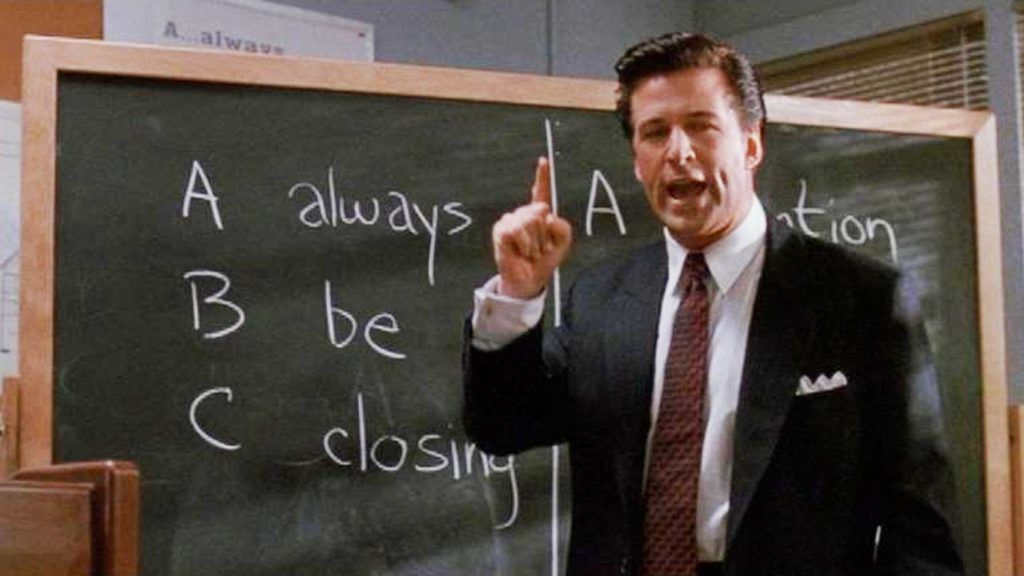
In it, a coterie of salesmen hucks their various real estate schemes to different suckers who will go along with their ‘bullshit’. It’s darkly comical and almost marvelous to watch because the yarns these men spin simply to get someone to sign away their money is impressive, approaching an art form.
Indeed, the salesmen view themselves as gallants like when Al Pacino says ‘It is not a world of men. It is a world of clockwatches… there’s no adventure to it, a dying breed.’ – referring to their work. They see their ability to craft bullshit, tailoring whatever they say to what the current person across from them wants to hear, then causes them to sign the dotted line as the apogee of adventure possible in life.
This is most clear in a scene where Al Pacino is selling a prospect over whiskey in a local restaurant. He gives the game away, revealing his philosophy of nihilistic solipsism in a few short sentences while waxing poetically, all in the service of selling.
As he lures in his prospect with his brash, devil-may-care, confessional attitude he says:‘… there’s an absolute morality? Maybe, then live that way… There’s a hell on earth? Yes. I refuse to live in it. That’s me.’.
These words show the worldview of every bullshitter in crystallized form. Abstaining from the life of absolute morality, and the ‘austere and disinterested’ pursuit of the truth, they make their way in the world in a totally selfish manner, with their own comfort as their north star, everything else falling in line behind that dictum. Therefore truth, as we’ve seen, is strictly utilitarian, if it exists at all.
Later in the same scene, as he has his prey buttered up, he makes his pitch, proffering the real estate brochure on the table (which is just a simple picture of a golf course, perhaps any golf course, with some flamingos and the words Glengarry Glen Ross embossed on the top) and says: ‘Maybe this will mean something to you, maybe not. I don’t know anymore… What is this? Bullshit? Maybe that’s true.’.
With the combination of the whiskey and his Taoist-like flow state, the prospect is suckered into throwing his normal, sober grasp of truth and falsehood to the wind and making out a big check for the ‘opportunity’. But in this crisp dialogue, we see the way exactly how bullshit operates. Pacino's character admits that it may be bullshit, he is not hiding it from you. But the obfuscation of the entire enterprise of discerning truth from falsity is abandoned and the secret desire to break free of such a demanding and restraining morality is seduced into taking charge of the lead’s executive functioning. And so, another sucker is taken advantage of.
This scene, and indeed many others in the movie, are illustrative of the fundamental aspects of bullshit.
Now, to the close - the title of this piece, where does delusion come in? According to Wikipedia (who no doubt got it from someone else) delusion is defined as ‘a false, fixed belief that is not amenable to change in light of conflicting evidence.'. With our extensive exploration of bullshit complete and the introduction of this concept, we can see in stark relief the many ways the combination of an intransigent attitude towards bullshit manifests ubiquitously in various domains within our current society.
As illustrated by our friend in recovery, during his addiction his psychology and drug use led him to adopt deluded ideas about the world with stalwart conviction. This led him to spew a lot of bullshit. Now, think about how many ways our society abstains from the ‘austere and disinterested discipline’ of the pursuit of truth.
I’m sure you can think of many, but some are: pharmaceuticals for lifestyle choice, McDonald’s for grass-fed steak, hookup culture for marriage, university degrees for higher learning, inflation and borrowing for federal solvency, the Patriot Act and forever wars for killing Osama Bin Laden, open borders and the wall for a workable immigration policy, factory farms for regenerative farming, COVID shutdowns for individual responsibility and reasonable policy in public health, government bailout of banks instead of legal accountability of fraud/abuse in 2008, the smashing of masterpieces in lieu of nuclear energy, etc. The list goes on.
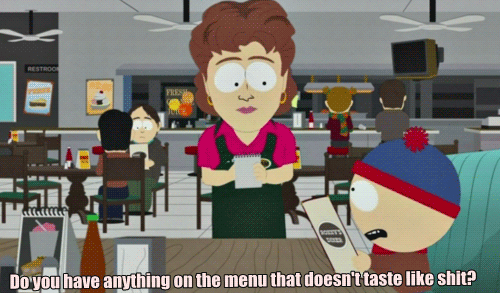
The evidence and perspicacity to choose alternative, more effective policies than the ones listed is abundant. Yet deluded bullshit bars the way writ large. Ultimately the society we find ourselves in is awash in bullshit.
The worst part is that bullshit obfuscates the already difficult enterprise of sifting fact from fiction in working on difficult problems. Because of our own success as a society over the last century or so, we now have an absurd amount of leeway when it comes to operational bullshit within our civilization.
But the truth will eventually come calling. The best thing you can do is to get ahead of it. And the best way to do that is to embrace the austere and disinterested discipline of pursuing truth in your own life, and in turn, excoriate bullshit in any way you can.
This is no easy task and will take patience. It is far better to embrace it now than when reality decides to do it for you. Just consult the lives and societies of Louis XVI, Czar Nicholas II, King George III or any other historical lemming who ruled his way off the cliff. Or perhaps you prefer the Weimar Republic, Late Rome, or some such empire with its head in the sand. Any way you like it, bullshit and delusion are historical constants.
Reality will eventually come calling, how will you greet it?
